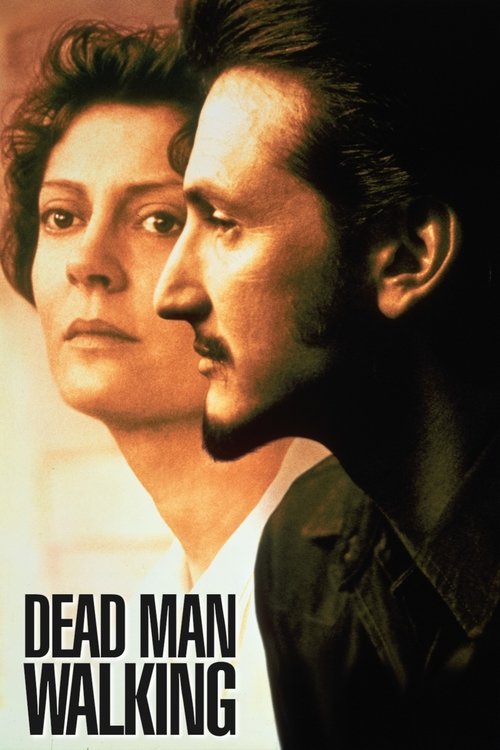
Title: Dead Man Walking
Year: 1995
Director: Tim Robbins
Writer: Tim Robbins
Cast: Susan Sarandon (Sister Helen Prejean),
Sean Penn (Matthew Poncelet),
Robert Prosky (Hilton Barber),
Raymond J. Barry (Earl Delacroix),
R. Lee Ermey (Clyde Percy),
Runtime: 122 min.
Synopsis: A death row inmate turns for spiritual guidance to a local nun in the days leading up to his scheduled execution for the murders of a young couple.
Rating: 7.318/10
Mercy in the Mirror: Dead Man Walking’s Unflinching Gaze
/10
Posted on August 24, 2025
What does it mean to forgive a monster or to see one in yourself? Dead Man Walking (1995), directed by Tim Robbins, doesn’t just ask; it forces you to wrestle with the question, holding your hand through the moral muck of capital punishment. This isn’t a sermon or a soapbox it’s a raw, human story that still stings in 2025, when debates about justice and redemption burn hot on X and beyond.
Susan Sarandon’s Sister Helen Prejean is the film’s beating heart. Her Oscar-winning performance isn’t loud or showy; it’s a quiet storm of empathy, doubt, and steel. She’s no saintly caricature her struggle to love a death-row killer, Matthew Poncelet (Sean Penn), feels like a tightrope walk over a pit of despair. Penn, raw and unpolished, makes Poncelet both vile and pitiable, a man whose crimes are unforgivable yet whose humanity creeps in uninvited. Their chemistry tense, tender, and never manipulative grounds the film’s heavy questions in real, messy emotion. You can’t look away, even when you want to.
Robbins’ direction is understated but razor-sharp, letting the story breathe without forcing tears. He trusts the audience to feel the weight of Poncelet’s crimes and Prejean’s compassion without heavy-handed cues. The cinematography, by Roger Deakins, is a masterclass in restraint gritty prison cells and muted Louisiana landscapes mirror the characters’ inner turmoil. No flashy filters here; just stark, honest frames that let the story’s moral ambiguity shine. The score, a haunting blend of folk and gospel, weaves in just enough hope to keep you from drowning in the darkness.
Flaws? The film occasionally leans too hard into Poncelet’s redemption arc, risking oversimplification of a complex issue. Some supporting characters, like the victims’ families, feel underwritten, their pain a backdrop rather than a fully explored perspective. Yet these hiccups don’t dim the film’s power. In an era where true-crime dramas and social justice debates dominate streaming and social media, Dead Man Walking feels eerily prescient. It doesn’t preach; it provokes, asking us to confront our own biases about guilt, mercy, and what justice really means.
Today’s audiences, craving authenticity over escapism, will find this film’s unflinching honesty a gut-punch. It’s not about answers it’s about the questions we’re afraid to ask ourselves. Watch it, then argue about it on X. You won’t stay silent.
0
0
